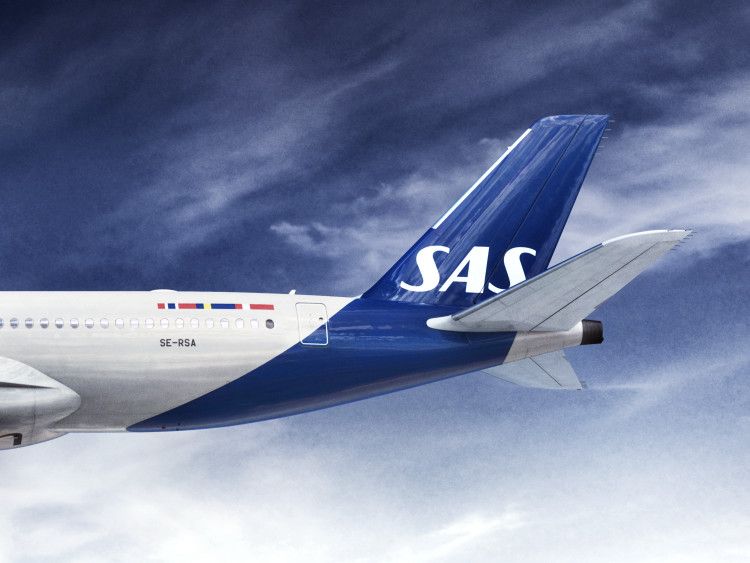The European Union’s top court has ruled that the Danish and Swedish state bailout of SAS in 2020 contravened its rules, despite the union’s competition regulators initially approving it.
This puts SAS in a tough spot, as the floundering airline does not have the funds to pay back the billion-euro debt to Denmark, which stepped up in 2022 to cover the bulk of the bailout after the Swedish government pulled back.
The EU initially gave the deal the green light to ensure the airline’s viability, along with funds from the German state to bail out Lufthansa, as it was part of a larger investment plan that would allow private companies to hold more shares in SAS.
Ryanair in triumph
The judgement followed a complaint by Ryanair to the EU’s General Court about the bailouts of SAS and Lufthansa.
The commission had previously set up a fast-track system under which Brussels approved a huge sum in state support across all pandemic-hit sectors in the EU member nations.
But Ryanair felt hard done by when it failed to get anything from the 40 billion euros set aside for Europe’s airline sector alone.
Ryanair welcomed the ruling and called it “a triumph for fair competition and consumers across the EU”.
SAS hanging on by a thread
SAS is now requited to pay back a billion euros, which could lead to bankruptcy.
“We are talking about 11 billion Swedish kroner, and SAS does not have that now or after its successful bankruptcy protection,” Jacob Pedersen, Sydbank’s aviation analyst, told DR.
However, there might be a way out if the Danish government were to further increase its stake.















